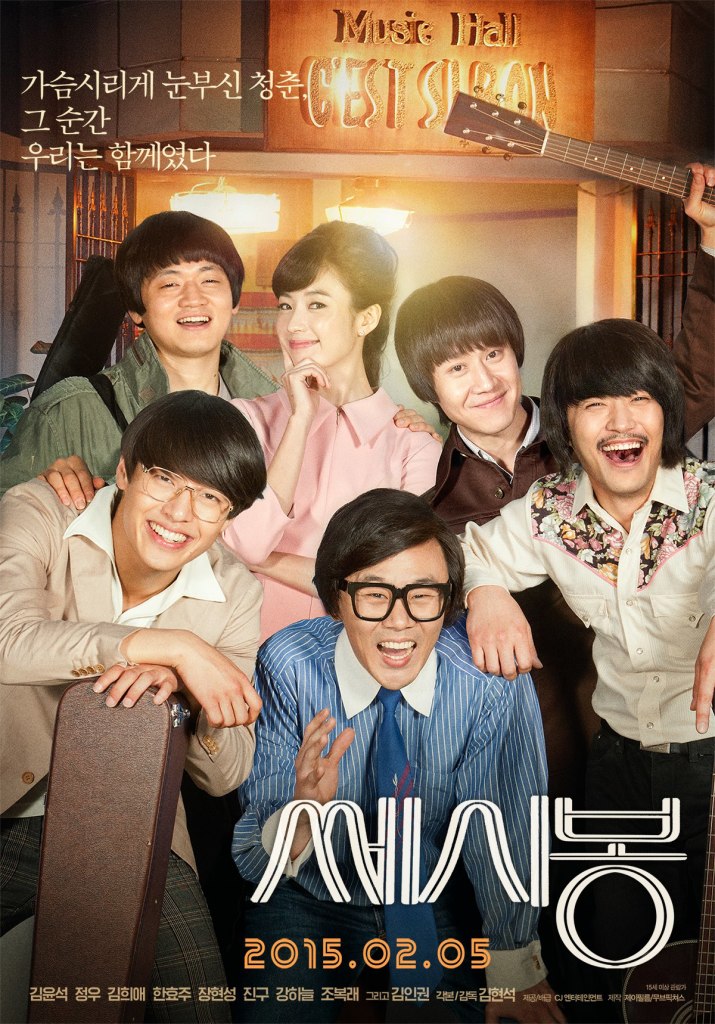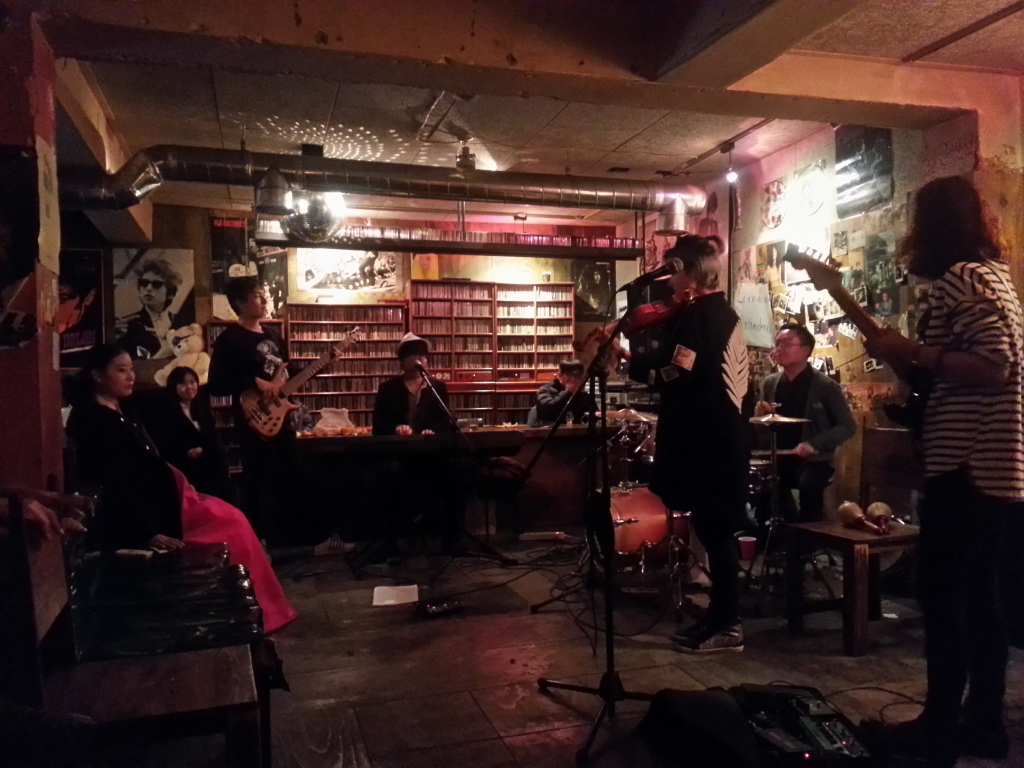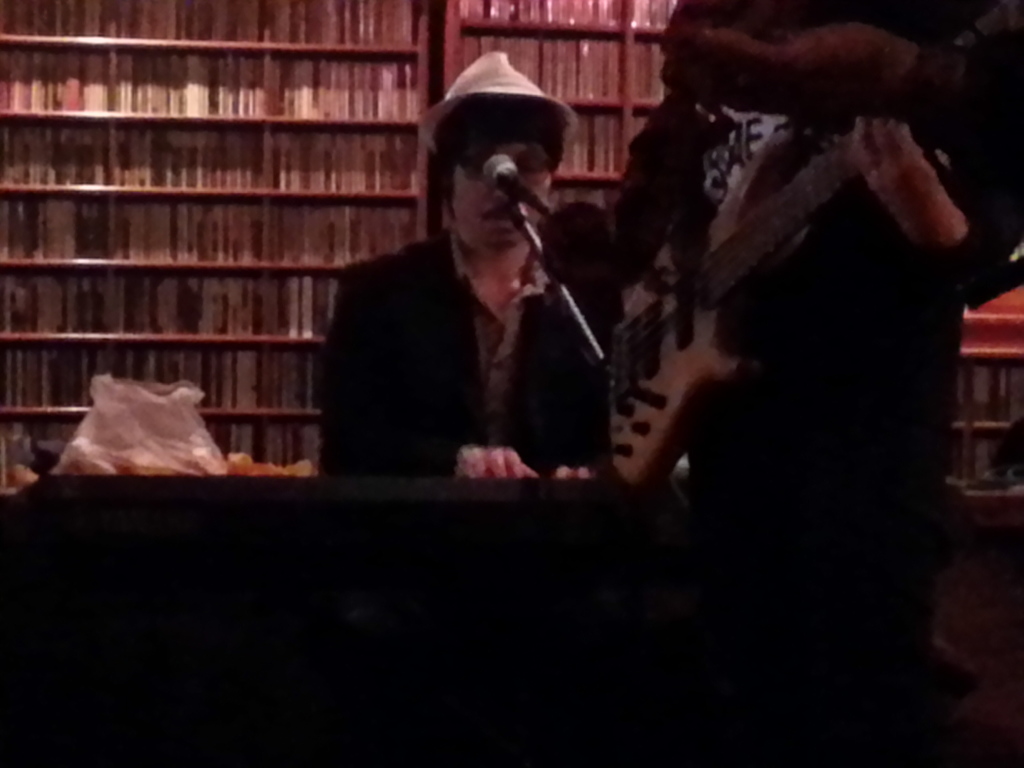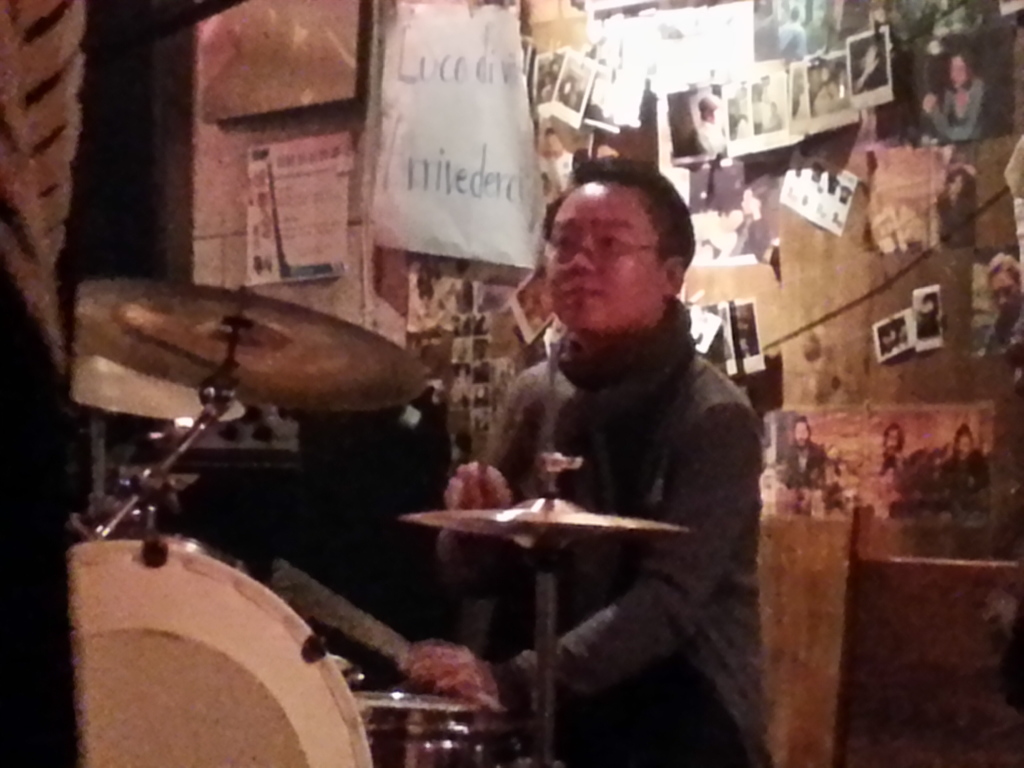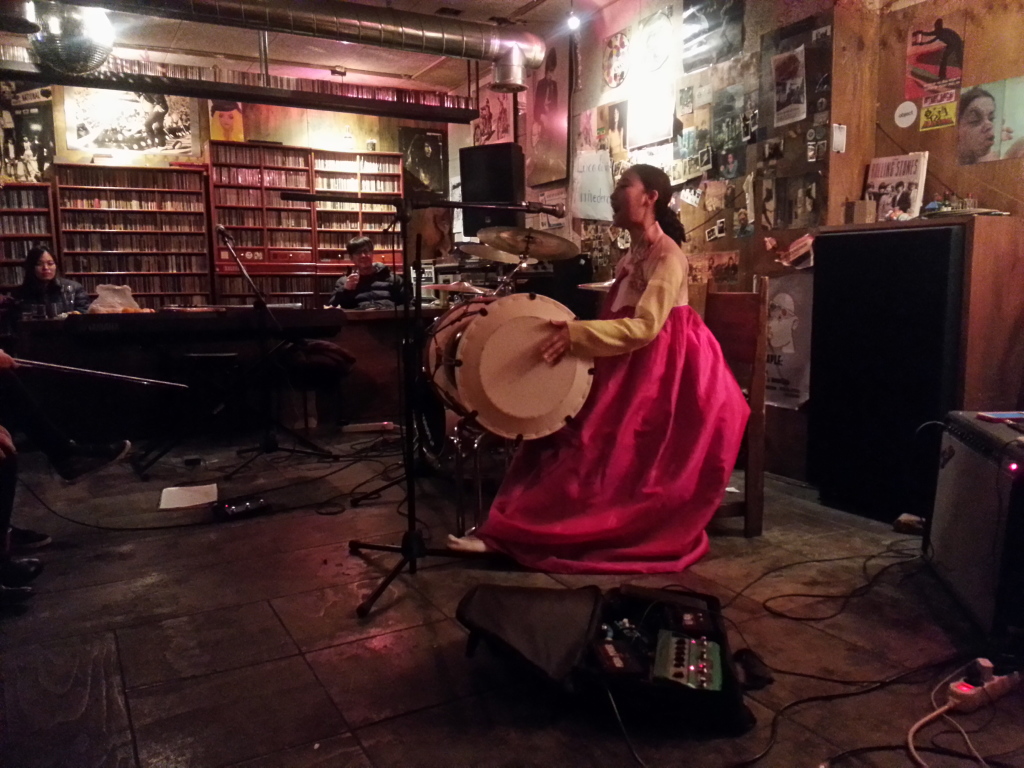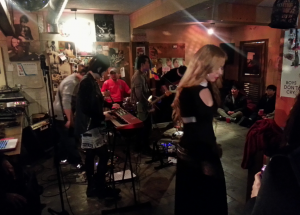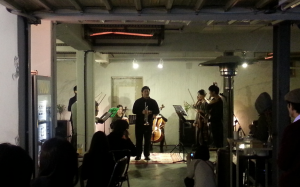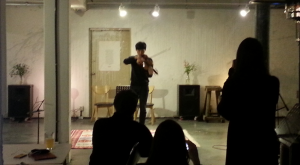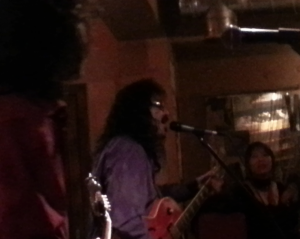Happy news on the K-Pop Now! front — we finally closed it and sent it to press this week. Christmas is a busy time for printers, but I think the book should start to appear on bookshelves in Asia in January. Then in the West a few months later
But with the book finishing, the Mnet Asian Music Awards last night and the year running down, it got me thinking about the state of K-pop in general. I honestly think 2013 could have been the strongest year ever for K-pop, from both a music standpoint and a general sense of the genre. I know many people have their pet periods they prefer (often corresponding to when they first got into the music). But as someone who is not a big K-pop fan and looks at it from more of a distance, I think there were a lot of great songs this year, fascinating videos, and more pushing of the envelop than ever.
G-Dragon’s Coup d’Etat may have been a step down from his last album, but the rest of YG Entertainment more than made up for it. Taeyang’s “Ringa Linga” was an excellent song, with a very strong chorus; interestingly, the dance video released the day before the “real” music video has done much better, getting 10 million YouTube clicks to the official video’s 5 million.
But TOP’s “Doom Dada” is just glorious strangeness. A pure rap track, you can barely consider it K-pop. And the video is full is bizarre images:
2NE1’s latest, “Missing You” is probably the group’s strongest song in quite some time. I hope they get around to releasing a proper album before too long.
But better than the group’s songs was singer Chaerim’s solo single “The Baddest Female.” A lot of people did not like it all, but I’m convinced that it was just too far out there to be a mainstream hit. I bet that in a few years, it will become one of her biggest songs. I love its sass and style, like old Missy Eliot:
The mistake many people make with YG, imho, is thinking it is trying to be authentically “urban” (or black or whatever). What YG and K-pop is doing to Western pop and hiphop today is basically what the Brits did to American blues 50 years ago.
As for non-YG music, there was plenty of memorable songs by other labels, too. SM Entertainment’s groups are selling bigger than ever. f(x)’s Pink Tape was almost experimental (by SM standards) and Exo has somehow acquired the most fanatical fanbase in the world. But the SM artist who impressed me the most was Chinese-Canadian Henry, from Super Junior-M. With his classical background and language skills, I could really see him breaking out and becoming a mainstream pop star in the West. (Cheesy video, but very good song).
The JYJ guys had some good songs. I think “Incredible” by Xia (Joonsu) was the most catchy (just ignore the rap halfway through):
2PM appears to have fallen out of fashion, but I still quite like “A.D.T.O.Y.”
Trouble Maker is very interesting, especially since they were the rare mixed-sex groups. I thought their performance at last night’s MNet Awards was very good:
And, of course, groups at the edge of K-pop did very well. Busker Busker’s second album was huge, and I continue to hear it at coffee shops all over Seoul. San E has sold very well. The Jay Park phenomenon continues to grow and impress. And the new Drunken Tiger was very good, especially “Time Travel” (which I consider more a Yoon Mi-rae song than a Tiger JK song).
As for me, Spica’s “Tonight” is my Kryptonite. Once I start listening to that song, my day is over. It’s like my Tetris addiction when I was 20. It must have been the most overlooked song of the year.
Oh, and conspicuous by his absence was the guy who really put K-pop on the map last year — meaning Psy, of course. Yes, “Gentleman” had more than 500 million hits on YouTube, but I cannot remember a quieter YouTube sensation; people were far more interested in what the fox says. I cannot say Psy’s disappearance makes me sad, as I never much liked his music. But maybe he’ll get his act together in 2014 and put out something good.
Considering how so many K-pop artists are getting more involved in songwriting and production — and how quickly imitators get caught these days (cough*Primary*cough) — I think this may be one of the strongest things in favor of K-pop’s future.
Yes, too many groups are being cranked out, especially by smaller, disreputable agencies. Yes, the artists are worked too hard (as is true throughout Korea’s entertainment industries). Yes, there are some very unhealthy ideas about appearance and behavior (especially for the young women trying to break into the business). And, yes, more diversity is needed for the long-term health of the Korean music industry.
All that said, I think this has been a very good year for K-pop. I wouldn’t be surprised if 2014 is the year a “real” K-pop artist attracts some attention in the West. Jay Park maybe. Or Henry. Perhaps G-Dragon. That’s the thing about art, though, you never know what is going to happen next.
